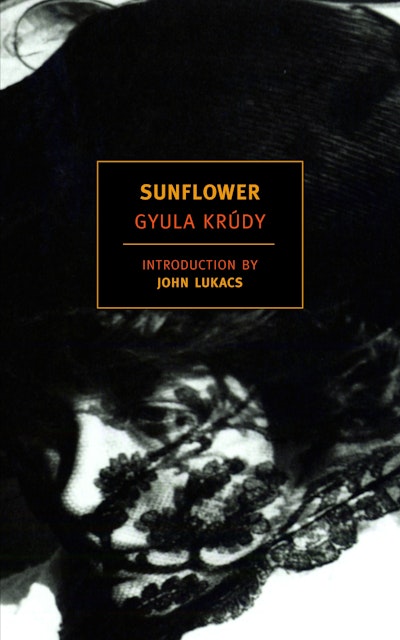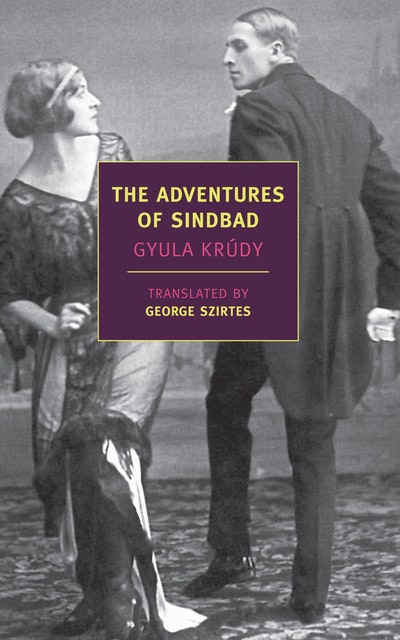[]
- Published: 15 August 2007
- ISBN: 9781590171868
- Imprint: NY Review Books
- Format: Paperback
- Pages: 272
- RRP: $39.99
Sunflower
Formats & editions
Buy from…
- Published: 15 August 2007
- ISBN: 9781590171868
- Imprint: NY Review Books
- Format: Paperback
- Pages: 272
- RRP: $39.99
"Gyula Krudy...a Hungarian Proust." -The New York Times "[Krudy's] literary power and greatness are almost past comprehension...Few in world literature could so vivify the mythical in reality...With a few pencil strokes he draws apocalyptic scenes about sex, flesh, human cruelty and hopelessnes." -Sándor Márai "For those who like Hungarian music enough to give Hungarian writing a try, I'd particularly recommend Gyula Krudy's novel Sunflower, set in the marshy, birch-covered region of northeast Hungary...Historian John Lukacs has compared Krudy's writing to the sound of a cello." --Music Web International "[Krudy] was always conscious of his landed gentry origins yet he preferred the company of the poor, the simple, the dispossessed... he spent most of his life in the capital...He knew every street, every inn, almost every house. For him Budapest was Paris and London, Rome and New York; I don't think he spent more than a few months of his entire life away from Hungary." -Paul Tabori "Krudy's luminous and willful pastoral, people with archaic, semi-mythical figures-damned poets and doomed aristocrats, dreamily erotic hetaerae and rude country squires-is pure fin-de-siècle, art nouveau in prose...approach him and his Sunflower as a happy stumbling on an extraordinary attic of the rambling house of the European imagination, strangely lit, and crammed with richly faded dreams." -The Hungarian Quarterly
“Gyula Krudy, a master of Hungarian prose…” —The New York Times (Ivan Sanders)
"[Krudy's] literary power and greatness are almost past comprehension...Few in world literature could so vivify the mythical in reality...With a few pencil strokes he draws apocalyptic scenes about sex, flesh, human cruelty and hopelessness." —Sándor Márai





